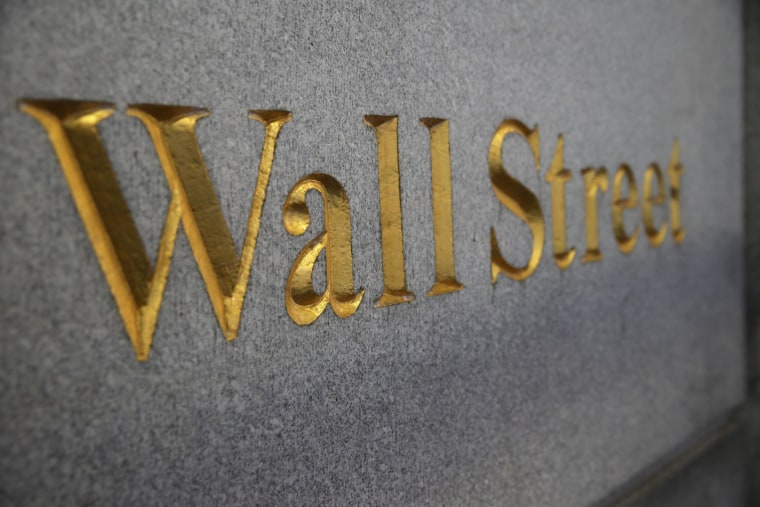The $26.7 billion in bonuses that Wall Street hauled in last year will help fill city and state tax coffers, and certainly boost retailers when bankers sport Patek Phillipe wristwatches and slip into Maseratis. But all that green is a double-edged sword for New York City.
Wall Street bonuses grew by 15 percent in 2013, to an average of $164,530, according to the New York State Comptroller’s office. Milton Pedraza, CEO of research firm the Luxury Institute, estimated that Wall Streeters spend between half and three-quarters of their bonuses, then save or invest the rest, and about half the amount they spend is funneled into the local economy.
Because they spend an incredible amount of money in their jobs, “I think that spills over in their personal life,” said David Friedman, president of research and consulting company Wealth-X.
That spending, and the income taxes bankers pay on their payouts, contribute to city and state budgets, but when the investments include real estate, middle-class New Yorkers can feel the pain, finding themselves priced out of the city.
Real estate is especially attractive for a couple of reasons. “It’s a tangible asset,” said real estate expert Brendon DeSimone. “People have been sitting on the sidelines for years,” and now they’re ready to buy. “They are feeling more confident about their jobs, about their economy,” he said.
And it’s getting more expensive to rent. “This is the result of an increased influx of internationals who make NYC their second home,” Thomai Serdari, an adjunct associate professor at New York University, said via email. “One would anticipate reinvestment of these [bonus] funds into the real estate market especially for first-time buyers.”
These newly rich millennials have a robust appetite for all kinds of luxury goods and experiences, from jewelry and watches to luxury cars to fine dining.
This isn’t to say bankers have completely sworn off splurges.
For the younger generation getting its first taste of a 1 percent paycheck, “The first thing they do is travel for pleasure,” said Bob Shullman, president of the Shullman Research Center. Shullman and other experts who study the spending behaviors of the wealthiest consumers said that these newly rich millennials have a robust appetite for all kinds of luxury goods and experiences, from jewelry and watches to luxury cars to fine dining.
“It’s investments in their lifestyle ─ that’s really how they look at it,” said Pam Danziger, president of Unity Marketing.
The comptroller’s office said the city’s tax revenues could be $100 million higher than anticipated because of the burgeoning bonus pool, but that largesse comes at a price that the less-wealthy have to pay.
“There’s a correlation between income inequality in New York City and the decreasing availability of housing for low-income people,” said Josh Zinner, co-director of the New Economy Project, a nonprofit that works with community groups on economic issues. “These bonuses are certainly contributing to that inequality.”
Friedman, of Wealth-X, said it’s not entirely fair to pin all of the run-up in New York City real estate prices to bankers and their bonuses, though, since the influx of cash-flush foreign buyers looking to diversify their own holdings also plays a role.
“The growth of the luxury real estate market in Manhattan … is not dependent on these bonuses anymore,” he said. But when buyers ─ whether Wall Street scions or foreign investors ─ can plunk down cash for a home, that makes it harder for people who need to take out a mortgage to compete.
“In the city you really do see a lot of cash buyers,” DeSimone said. “For that person who doesn’t get a huge bonus … it’ll make it harder for them to compete because they just can’t close with cash.”
